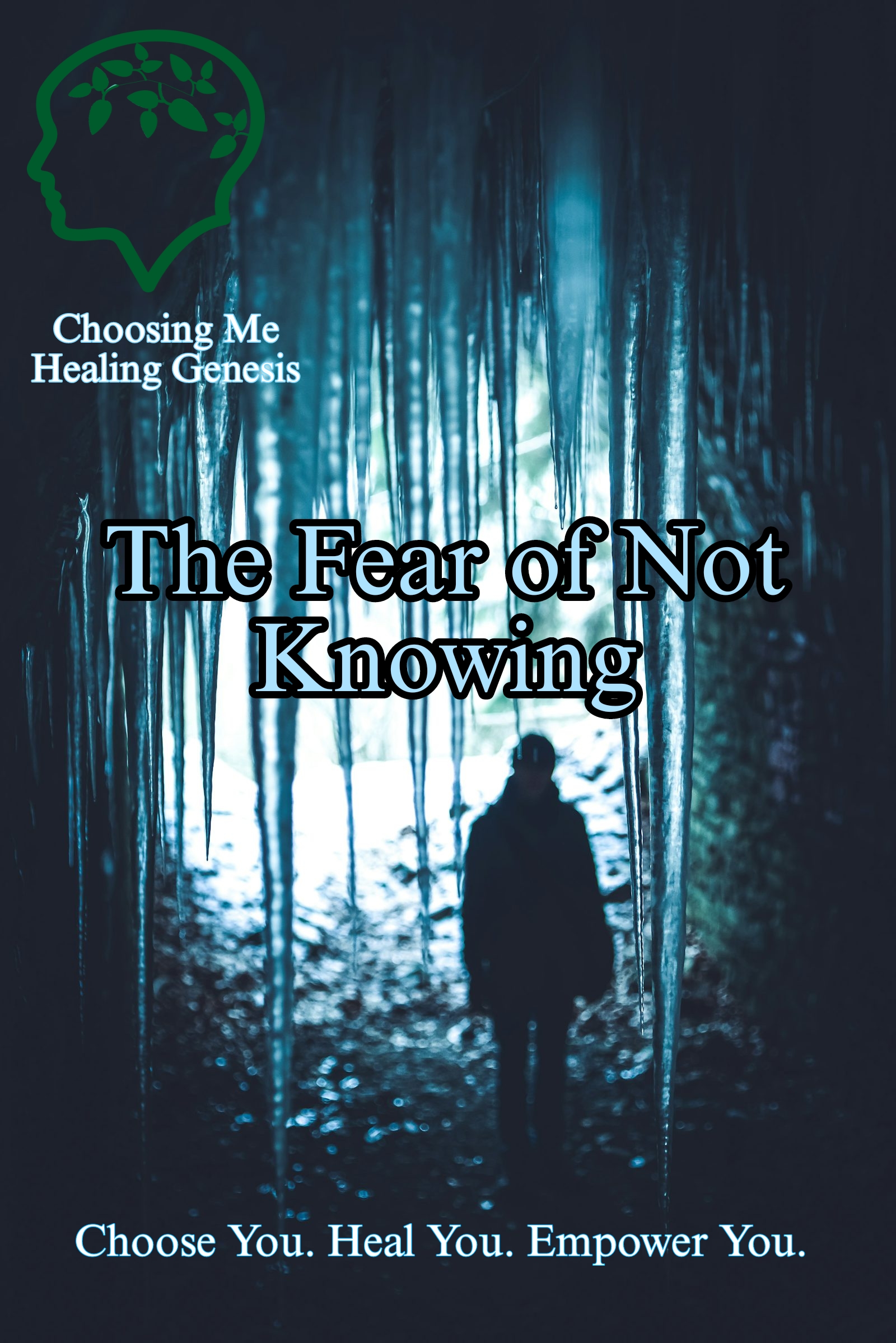The Fear of Not Knowing
There’s a strange kind of panic that rises when you realize you don’t know something you should know.
You’re in a conversation, and someone says something unfamiliar. Your mind races. Do I ask? Do I nod? You choose the nod, hoping they don’t notice the confusion flashing in your eyes.
You’re in a new place, but instead of admitting you’re lost, you walk like you have a destination. Like you belong. Because stopping to ask feels like admitting you don’t.
You’re in a meeting, and a term gets thrown around. Everyone seems to understand. You don’t. But you keep quiet because asking would mean exposing the gap.
It’s terrifying, isn’t it?
Not because not knowing is bad. But because of what we think it means.
That we’re behind.
That we should have known.
That we’re not smart enough, experienced enough, prepared enough.
And so, we perform.
We pretend we understand. We play along. We force confidence, hoping no one notices the cracks. Because somewhere along the way, we learned that knowing is safety. That uncertainty is dangerous. That appearing clueless is worse than actually being clueless.
But do you know what happens when we do this long enough?
We lose something.
We lose the chance to learn, because we stop asking.
We lose the chance to grow, because we pretend we already have.
We lose the chance to be seen for who we actually are—curious, evolving, human.
And maybe that’s the real tragedy. Not that we don’t know everything, but that we are too afraid to admit it.
So what if we didn’t let fear decide for us?
What if we let go of the pressure to always have the answer? What if we allowed ourselves to ask, to not know, to learn without shame?
Because maybe real confidence isn’t in pretending.
Maybe it’s in knowing we don’t have to.


0 Comments